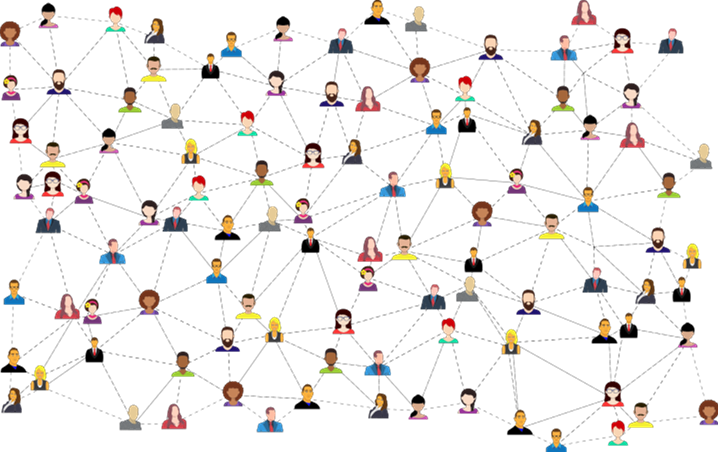ESSENTIAL QUICK READ What Do Futurists Say and What Does That Mean for You?
Futurists and business thinkers analyse the current changes in the global employment market and suggest ways that people should adapt to achieve sustained business success. We have already introduced you to three significant thinkers in this field: Klaus Schwab, Richard and Daniel Susskind, and Lynda Gratton. Here we look at their work in more detail and consider how you might apply their ideas to enhance your future graduate career success.

Klaus Schwab (2015 & 2016) popularised the term “Fourth Industrial Revolution”, in describing the impact of the current wave of technological developments, ranging from the Internet of Things to Bitcoin and Blockchain. Schwab highlights the velocity, breadth and depth, and systems impact of such changes and explores the potential impact on the way we live and work, citing innovation ranging from robot doctors to wearable technology. Schwab, and the work of the World Economic Forum of which he is Executive Chairman, emphasises the importance of developing our understanding of how digital developments are disrupting all areas of the global economy and developing competencies such as creativity and relationship management skills which robots can't duplicate.
However, though Schwab's term of the Fourth Industrial Revolution is much cited, other thinkers assert that this is a limited and elite interest-driven conceptualisation of global change. Tim Unwin, Emeritus Professor at the Royal Holloway University of London, outlines a contrasting perspective.
Such a lively debate is a good reminder that the future of the world of work is contestable and will contain both continuities and changes. When evaluating your fit for a sector, consider what you are assuming about change and continuity in employer, customer and stakeholder requirements and what skills and competencies you will need to develop to satisfy those requirements.
To consider these changes and continuities in a manageable way, we encourage you to choose a particular industry or sector, as the basis for your thinking and research. For example, consider how Artificial Intelligence may change the nature of work in law or finance. How similar or different do you think the impact will be on those two sectors? See other resources in this topic for ideas on possible future trends in those sectors. Thought leaders in predicting likely trends in professional services work are Richard and Daniel Susskind (2015) and their influential work exploring how technology will transform the work of human experts and how those experts will need to adapt.
As well as emphasising the importance of developing the ability to communicate and do business in the way that the client wants to do business, often enabled by technology, they highlight the importance of a new deep competency in the mastery of data to support professional experience and credibility. Expert knowledge is being replaced by expert analytics and significance-spotting. How are you using the opportunity of your academic study to hone and evidence your data analysis and interpretation skills?
Important though the technology is, it is not the only force of global change discussed by futurists and business thinkers. Linda Gratton’s (2011) Five Forces of Change include demographic and social changes likely to affect the behaviour of your future clients and customers, as well as your future colleagues and yourself. Linda Gratton is also famous for her work on the 100-year life (Gratton and Scott, 2017) and what that means for career planning. She draws a useful distinction worth including in your career planning and career thinking:
"In thinking of the jobs that will survive the rise of technology, consider two categories: those jobs where humans will have an absolute advantage, and those jobs where humans will have a comparative advantage." (Gratton and Scott, 2017, p96).
What might that look like in your chosen sector of employment?
Why does thinking about tomorrow matter today? It helps us prepare for a successful professional future. It encourages people to develop the future-facing professional competencies that we will be exploring later in the module, to spot where employment opportunities may emerge and to prepare you well for interview questions such as "How do you think this business will change in the next five years?" Nobody has all the answers but we should all have opinions and be prepared to defend them.
References
- Gratton, L (2011) The Shift. London, Harper Collins.
- Gratton, L and Scott, A. (2017) The 100-Year Life: Living and Working in an Age of Longevity. London, Harper Collins
- Schwab, K. (2016) The Fourth Industrial Revolution. Geneva, World Economic Forum
- Susskind, R. and Susskind, D. (2015) The Future of the Professions: How technology will transform the work of human experts. Oxford, Oxford University Press
- Unwin, T. (2019) Why the notion of a fourth industrial revolution is so problematic Blog post (https://unwin.wordpress.com/2019/03/09/why-the-notion-of-a-fourth-industrial-revolution-is-so-problematic/) Accessed 9 August 2019